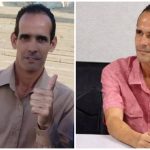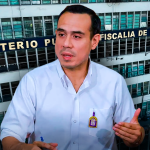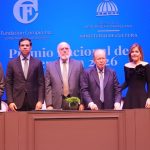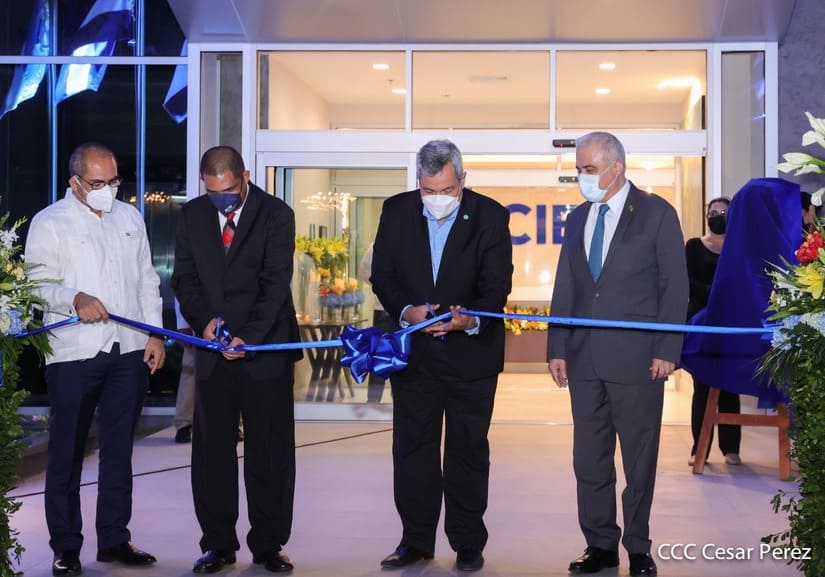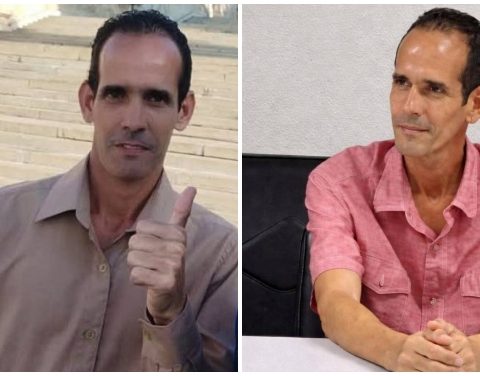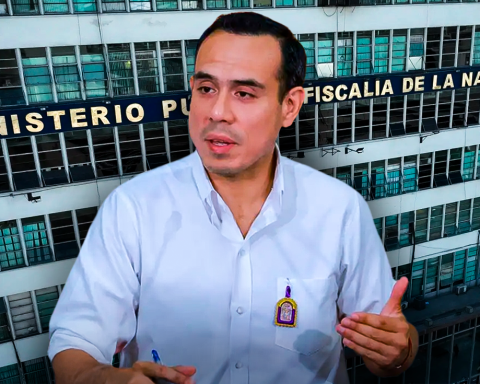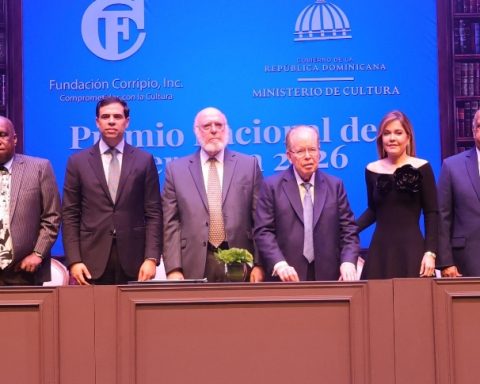The Ombudsmen of the province and the city of Buenos Aires supported the request of the businesswoman Natalia Denegri in her lawsuit against Google to disassociate the content that relates it to media events surrounding a criminal case in the 1990s, while organizations such as CELS highlighted the value of freedom of expression, during a public hearing held in the Supreme Court.
The hearing held this Thursday morning is a preliminary step for the Court to rule on the case for the right to be forgotten, a file that reached the highest court after Denegri’s claim was partially accepted in the previous instances.
It was the first of the two planned sessions that took place in the courtroom of the Palace of Justice, with the presence of the head of the Court Horace Rosatti and the ministers Charles Rosenkrantz, Juan Carlos Macqueda and Ricardo Lorenzetti.
This day’s hearing was for the “Amicus Curiae” (friends of the judge), individuals or companies who are experts in the matter of the trial, who offer their contributions as specialists, but without binding the court.
Thanks to all those who are sending me their support, to the representatives of civil society and to the entire political spectrum that sent me their solidarity in my judicial claim so that the Right to be Forgotten becomes effective.
– Naty Denegri (@natydenegri) March 16, 2022
The first to present – with a time of eight minutes like the rest of the “friends of the court” – was the Ombudsman of the City of Buenos Aires, María Rosa Muiñoswho claimed that “the right to rectification is guaranteed” and “when appropriate, the deletion” of non-consensual content.
In the same sense, it was expressed Buenos Aires Ombudsman, Guido Lorenzinowho called for “limits to digital totalitarianism” to be placed, since while “Natalia supports the discredit, Google takes the profits”.
Lorenzino also compared this case with that of the Vice President Cristina Fernández de Kirchner, who also filed a lawsuit against the search engine.
Freedom of expression
On the other hand, in order to revoke the ruling that denied Denegri her request to remove from Google the content that relates her to what is known as “Coppola Case”for which she was imprisoned in the 1990s, the Center for Legal and Social Studies (CELS) ruled.
Diego Morán, from CELS, said that freedom of expression is a “cornerstone” and, therefore, the restrictions to it “must be exceptional”, a position with which he agreed Diana Cohen Agrest, from the Usina del Arte Civil Association, who asked that the sentence that favored Denegri be revoked because “the right to privacy should not obstruct access to information” in cases of public interest.
We present ourselves as amicus curiae in the case that Natalia Denegri initiated against Google to remove content from the search engine that relates her to the Coppola case, from the 1990s.
Tomorrow is the hearing before the Supreme Court.
?https://t.co/flKOUthA6B— CELS (@CELS_Argentina) March 16, 2022
Carlos Laplacet, from the Association of Argentine Journalistic Entities (Adepa), highlighted the “right to memory” and asked that access to data of “public interest” not be limited for he considers that the damage would be greater.
Meanwhile, the representatives of the Association for Civil Rights (ADC) stressed that the information “is true”.
The hearing lasted for a little over an hour and a half, and during that time the exhibitors addressed the issue related to “trash television” (Denegri participated voluntarily in many programs on the Coppola case) but differed on the solution to the claim of the activator.
At the end of the hearing, an intermediate room was arranged until Friday at 10, when it will be the turn of the parties.
Natalia Denegri has been living in the United States for ten years, she is the mother of two children, and as a gastronomic entrepreneur she is in charge of a chain of restaurants in South Florida.
She also owns a film content production company for which she was awarded 13 Emmy Awards.








